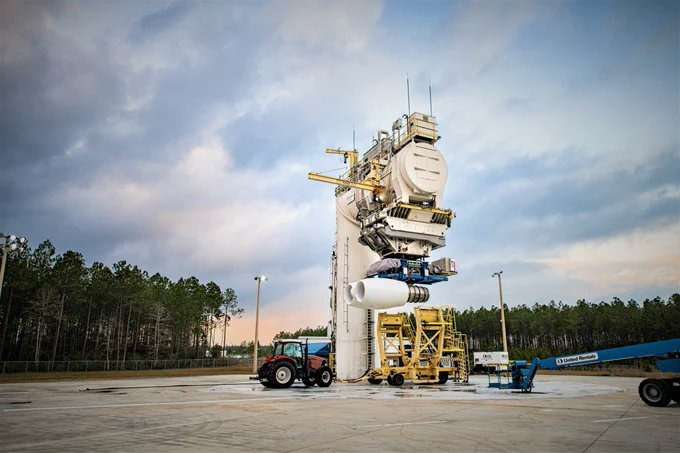
Rolls-Royce Aims to Wrap Up First F130 Engine Tests for B-52J Before Year’s End
Rolls-Royce has declared that it is progressing well towards concluding preliminary F130 engine evaluations for the United States Air Force B-52J Stratofortress by year’s end. Ongoing Rapid Twin Pod Assessments at NASA Stennis Space Center in Mississippi have met all of Rolls-Royce’s initial objectives and facilitated the acquisition of unparalleled data early in the initiative, further minimizing risks associated with the integration of the F130 engine onto the B-52J.
As evaluations move forward throughout the year, Rolls-Royce is on schedule for the Critical Design Review to commence in the first quarter of 2024. The company’s supply chain and assembly processes are also on track to deliver ground and flight test engines promptly from 2024 to 2026.
Candice Bineyard, Director of Programs – Defense, stated: “We are excited about the advancements we’ve achieved with this significant testing initiative. The engines are functioning flawlessly so far – aligning with all our forecasts regarding inlet performance. We eagerly anticipate continuing our productive partnership with the Air Force and Boeing as we finalize testing at NASA Stennis Space Center and gear up for Critical Design Review.”
In September 2021, the U.S. Air Force chose Rolls-Royce F130 engines to replace the current power units in the B-52 fleet, with anticipations of over 600 new engine deliveries. These innovative engines will prolong the operational life of the B-52 aircraft for three decades and are reputedly robust enough to remain operational throughout the aircraft’s lifespan.
The F130 engines will be produced, assembled, and thoroughly tested at Rolls-Royce facilities located in Indianapolis, marking the company’s most extensive manufacturing site in the U.S. The F130 draws its design from the Rolls-Royce BR series of commercial engines, which boasts over 30 million operational hours and an exceptional reliability rate. It’s a proven, trustworthy engine with an efficient fuel-conserving design.








